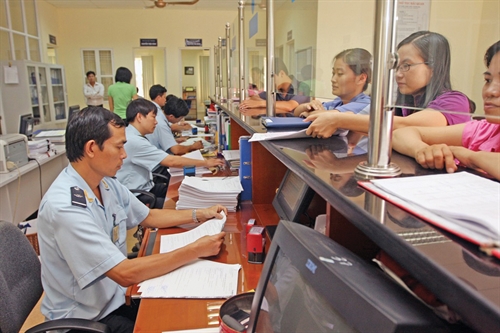The retirement age in Vietnam, currently 60 for men and 55 for women, may be gradually raised to 62 and 60, respectively, beginning in January 2021, the Ministry of Labor, Invalids and Social Affairs (MOLISA) proposed.
 |
| The retirement age in Vietnam may be increased in 2021__Photo: thanhnien.vn |
MOLISA offered the suggestion in the draft revision of the Labor Code, but also included the first option of leaving the retirement age unchanged.
If the change is implemented according to the second option, the retirement age will increase by six months annually until it is 62 years old for men and 60 years old for women. If a male laborer retires in 2020, the retirement age will be 60 as currently. However, if he retires in 2021, the retirement age will be 60 years and six months. If he retires in 2022, the retirement age will be 61 and so on.
The main reason for raising the retirement age, according to MOLISA, is to ensure the balance of pension fund and fund for survivor benefits in the long run. If the current regulations - the payment and duration of the benefit - are kept unchanged, the pension fund and fund for survivor benefits will lose their balance.
Calculations by the International Labor Organization predict that the retirement and survivor funds will face revenue shortfalls beginning in 2023, forcing the government to subsidize the pension system beginning in 2034.
To ensure the fund’s sustainable operation without raising the retirement age, either employees and employers will have to pay larger social insurance premiums or employees will receive smaller retirement pensions, MOLISA said.
However, lifting the social insurance premiums of employees and employers will increase their financial burdens and decrease their competitiveness. And lower retirement benefits will have a negative effect on pensioners’ lives. Therefore, raising the retirement age is considered to be a stronger option.
Results from surveys conducted by MOLISA showed that many workers continued to work after retiring. In many cases, after finishing retirement procedures, they sign employment contracts with their former employers in order to earn additional income and because they want to continue their work in order to make use of their experience and knowledge.
The draft revision of the Labor Code will continue to be discussed and is to be submitted to the National Assembly at the May 2019 session.- (VNS/VLLF)









